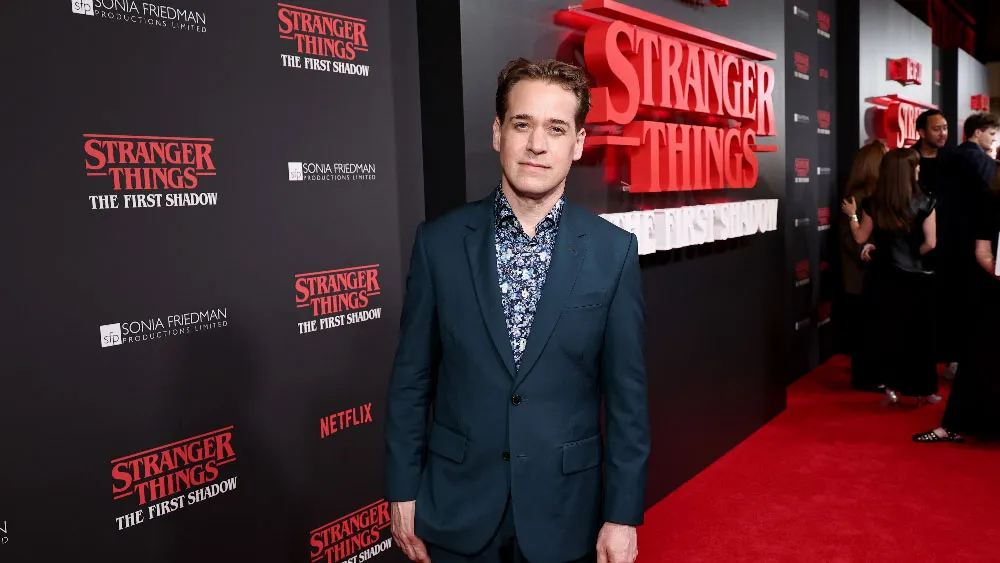May 3, 2017
Our Future: The Changing Tides for Mainstream Film
Kyle Mangione-Smith READ TIME: 4 MIN.
I think everyone, to some extent, was shocked that "Moonlight" won best picture at the Oscars. It's a lovely movie and one that I think most people would benefit from seeing, and I certainly think it will be remembered as a milestone for American film in the 2010s; but big studio award shows, including the Oscars, have never been privy to works of art that actually matter. Especially up against a film like "La La Land," which would certainly fit in with the likes of "Shakespeare in Love," "Driving Miss Daisy" and other academy-hailed "masterpieces," it certainly was a surprise (which of course made the now-famous fumble that much more satisfying, but I digress).
Though it certainly wasn't something that came about without precedent. I think it's undeniable the #OscarsSoWhite hashtag certainly haunted the academy in a very tangible way moving forward from 2016. While that instance is the most relevant to the success of "Moonlight" at the Oscars, in the last few years there's been a larger push to discuss the way race functions within the media our culture produces than there has been at any other point throughout American history.
The concept of representation has thrust its way into the mainstream in a way that's made it entirely unavoidable, and it's largely for that reason I believe that "Moonlight" had a chance at winning best picture. The decision certainly might have been lip service, but regardless, the academy realized if they wished to maintain their status as the arbiter of film, they could no longer make decisions within a cultural vacuum. Race in the 21st matters, and the way "Moonlight" speaks to that fact will certainly cement it within the American film canon.
Then in the same week as the Oscar ceremony, "Get Out" was released and broke every box office prediction you could reasonably set for a horror comedy about white people being kind of racist. It was a hit beyond anyone's wildest expectations. Jordan Peele went from having a cult following to being a near household name, and just a month later was announcing that he was looking for scripts written by young black filmmakers to adapt. A month before all this, Donald Trump was being inaugurated into the White House, and the largest American protest ever staged was taking place out of fear for the continued safety of minorities.
But what this shows, more than anything, is that people are realizing that film matters. It has ramifications and capabilities outside the realm of mere entertainment. It's capable of entirely changing cultural tides, and a way of reflecting upon the culture en masse that's difficult to accomplish through many other means. If race is one of the foremost issues within our culture, then our stories should reflect that.
Meanwhile, it's hard to say if there's ever been a time where Hollywood has been more out of touch with the culture it supposedly represents. Big studios have always been primarily focused on making money first and foremost, but the strategies they use to accomplish that goal have reached their logical extreme. No longer are they even in the business of making films -- rather, they're in the business of forming a brand, and film only functions as the easiest way to accomplish this goal. The majority of blockbusters don't even turn a profit in the box office anymore, and most major studios don't expect them to. The way they make their money is through the wave of toys, collectibles, games, and other merchandise they can peddle along with the film.
Yet when trans people are still being killed at alarmingly high rates, when there seems to be another black kid killed by a cop every week, when the wall is something that's actually being debated in Washington, it's hard to say how long people will keep caring about the next "Spiderman" reboot.
But more than anything, I think "Moonlight" winning the Oscar for best picture shows that we are not powerless against the iron gates of the Hollywood system. The Oscars are only relevant because the American people believe them to be. If the people begin to question their authenticity and merit, the only thing that'll keep them relevant is their ability to adapt. With many speculating that the blockbuster market is heading towards a crash, it seems necessary more than ever for Hollywood to adapt.
"Get Out" and "Moonlight" together have made it clear that there's a market for films that actually talk about race and identity honestly within the mainstream, and that alone is massive. What exactly that means for the future of mainstream film within America is hard to say, but it's hard to imagine the current system will be able to sustain itself for much longer.
Kyle Mangione-Smith is a filmmaker and student living in Boston.





